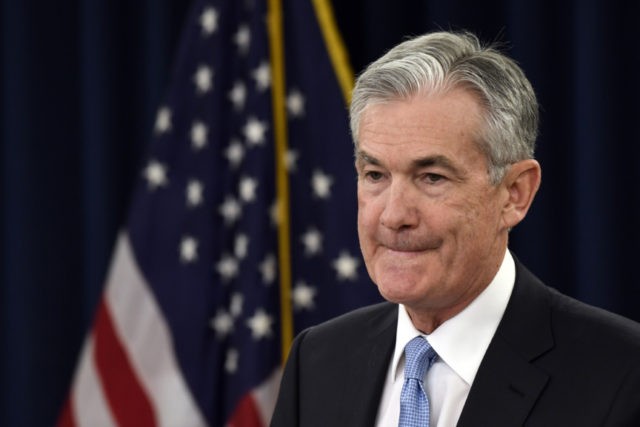U.S. consumer prices increased by the most in over a year in March but the climb was driven by higher energy prices. Excluding food and energy, prices climbed by less than expected.
The Labor Department said on Wednesday its Consumer Price Index rose 0.4 percent compared with the prior month. Economists had expected 0.3 percent. In February, prices rose 0.2 percent.
But once food and energy, two volatile categories, are stripped out, inflation underperformed. These prices rose just 0.1 percent, below the 0.2 percent economists had forecast.
Energy prices were up 3.5 percent compared with February. Gasoline prices were up 6.5 percent. Last month both were up just 1.5 percent.
Food prices rose a modest 0.3 percent, down from 0.4 percent a month earlier.
In the 12 months through March, the Consumer Price Index rose 1.9 percent. That was above the 1.8 percent except and above the 1.5 percent in February. Economists polled by Reuters had forecast the CPI climbing 0.3 percent in March and accelerating 1.8 percent year-on-year.
Outside of food and energy, the CPI rose 2 percent compared with a year ago. That was below expectations and in line with the Fed’s target of 2 percent annual inflation. This was the smallest rise in “core” inflation since February of 2018.
The tame CPI is likely to provide reassurance to the Federal Reserve that it made the right choice by deciding to hold off on further rate hikes this year.

COMMENTS
Please let us know if you're having issues with commenting.